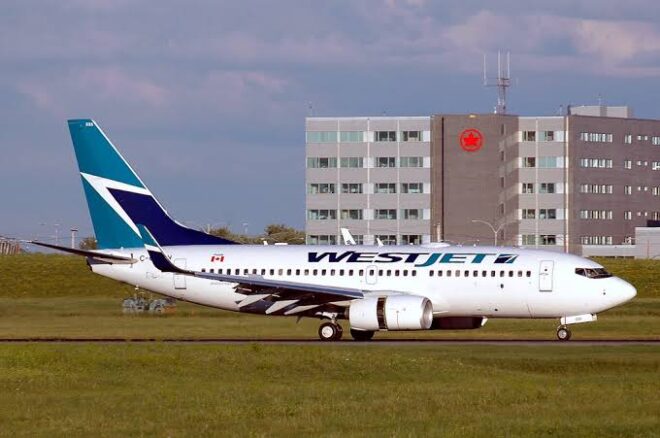
In the summer of 2024, WestJet Airlines, one of Canada’s largest carriers, faced unprecedented operational difficulties, leading to widespread flight cancellations, delays, and customer dissatisfaction. What began as a promising travel season quickly turned into a public relations disaster for the airline, leaving thousands of passengers stranded or severely inconvenienced. WestJet’s apology for a “tough summer” came on the heels of a series of unfortunate events, including labor strikes, mechanical issues, and adverse weather conditions, which collectively brought the airline’s operations to a near standstill.
A Season of Discontent: Strikes and Struggles
The airline’s troubles began in mid-June when the Aircraft Mechanics Fraternal Association (AMFA) announced strike action due to a labor dispute. The strikes, which took place from June 17 to June 20 and then again from June 25 to June 28, resulted in a significant portion of WestJet’s fleet being grounded. With maintenance workers walking off the job, the airline had no choice but to cancel over 1,000 flights, leaving passengers stranded at airports across Canada and beyond.

The strikes were particularly ill-timed, coinciding with the start of the busy summer travel season. Families with vacation plans, business travelers, and those attending special events found themselves scrambling to rebook flights or seek alternative means of transportation. Many passengers reported that WestJet’s customer service lines were overwhelmed, with wait times stretching for hours.
WestJet’s troubles were further exacerbated when the airline pulled 16 aircraft from its fleet following a severe hailstorm in Calgary in late June. The damage from the storm affected a large portion of the airline’s operational capacity, leading to even more cancellations in the weeks that followed. Although WestJet worked to return the damaged planes to service, the repairs took longer than expected, prolonging the disruptions.
The Customer Backlash
Unsurprisingly, the massive wave of cancellations triggered a flood of customer complaints. Passengers took to social media to vent their frustrations, with many sharing stories of missed vacations, delayed business trips, and financial losses incurred due to the airline’s operational issues. One customer, Kevin McCurdy, highlighted his experience of paying for premium seats on two separate flights, only to have the aircraft swapped out at the last minute for smaller planes without premium seating. McCurdy’s complaint quickly went viral, with WestJet acknowledging the issue but struggling to provide adequate compensation or resolution.
Adding fuel to the fire was WestJet’s controversial introduction of its “UltraBasic” fare option earlier in the year, which many customers found restrictive and unfriendly. The new fare, which did not allow carry-on luggage or seat selection, was widely criticized as a way for the airline to nickel-and-dime passengers while offering minimal service. The backlash to this new pricing model only intensified as flight cancellations mounted, with many customers feeling that WestJet was cutting costs at the expense of their experience.
An Apology and Promises of Improvement
Faced with mounting criticism, WestJet’s leadership took to public platforms to offer a formal apology for the disruptions. In an open letter to customers, WestJet executives acknowledged that the summer of 2024 had not gone as planned and that the airline had fallen short of its usual standards. The letter, which was shared widely online, expressed regret for the inconvenience caused by the strikes, cancellations, and operational hiccups. “It’s not you, it’s us,” the letter read, in an attempt to humanize the airline’s struggles and win back customer trust.
WestJet also promised that it was taking concrete steps to improve its operations and prevent similar issues in the future. The airline announced several initiatives aimed at addressing customer concerns, including the introduction of a refreshed food and beverage menu, enhancements to its self-service options for flight changes and cancellations, and improvements to the consistency of its aircraft interiors following the integration of planes from Swoop and Sunwing.
Additionally, the airline committed to better communication with passengers during times of disruption. One of the biggest complaints from passengers during the summer’s crises was the difficulty in reaching customer service agents, with many waiting hours on hold or receiving no response at all. WestJet assured customers that it was working to streamline its customer service operations, with plans to enhance its automated systems and reduce call wait times.
The Road to Recovery
Despite these promises, the road to recovery for WestJet is likely to be a long one. Aviation industry experts have